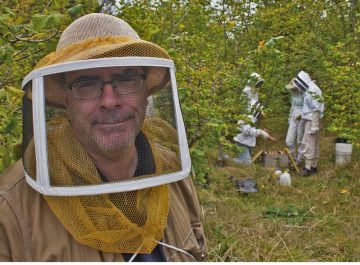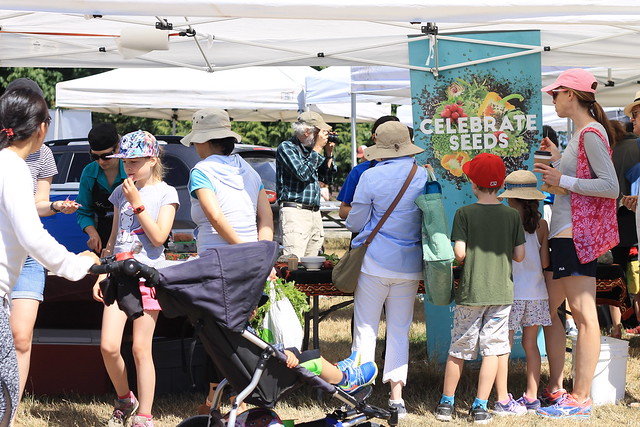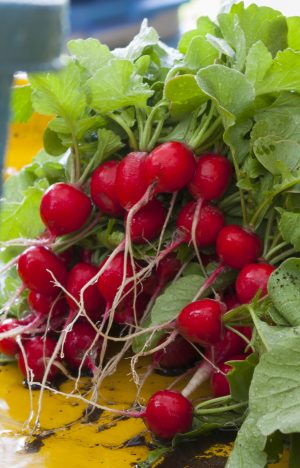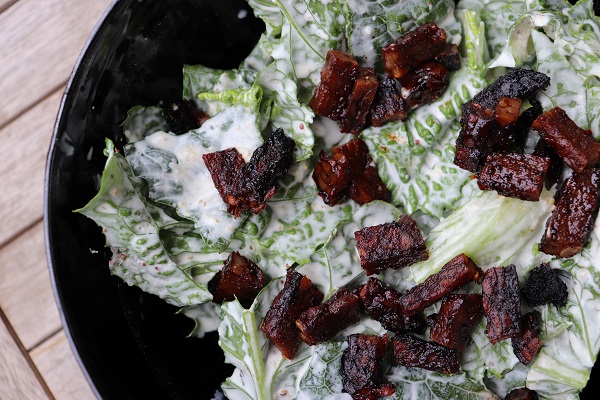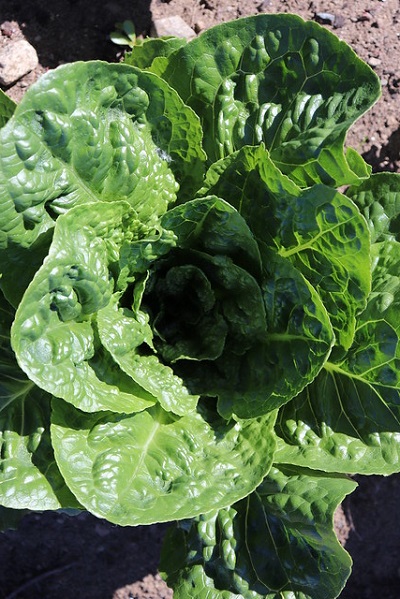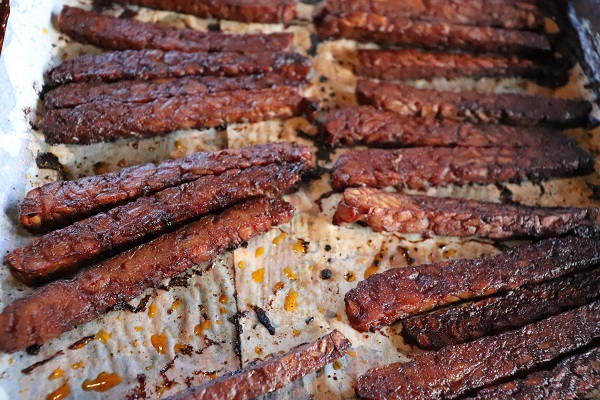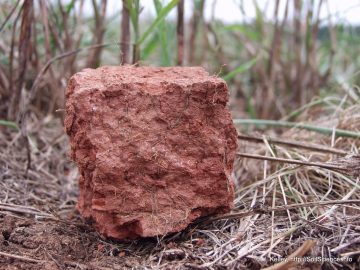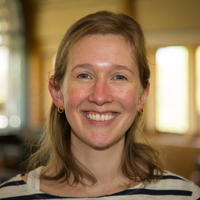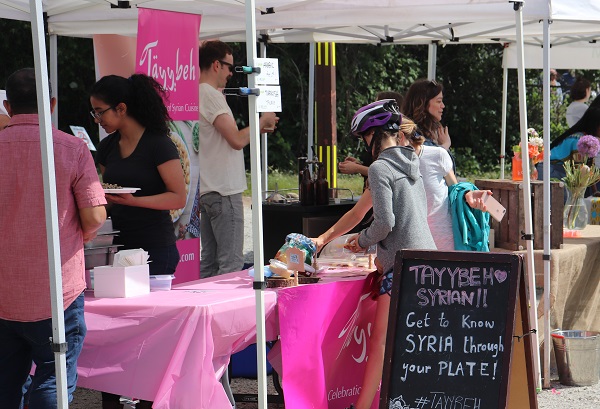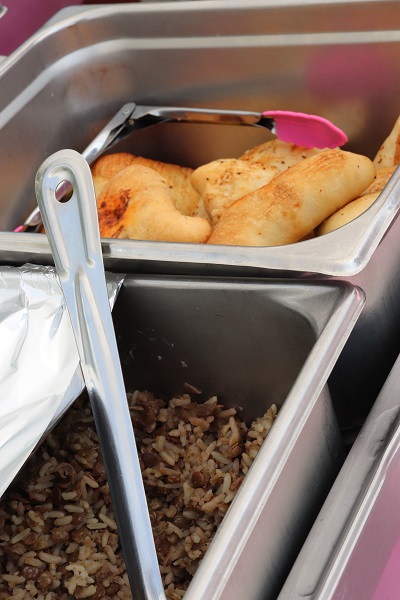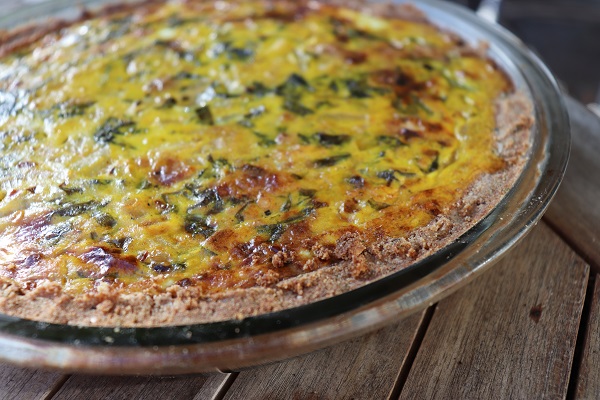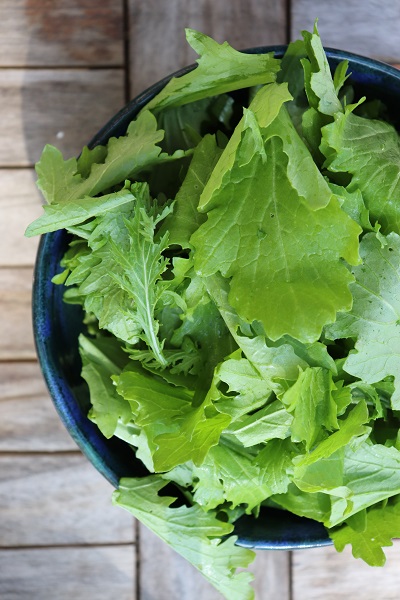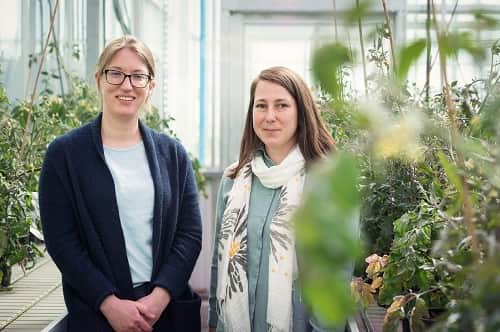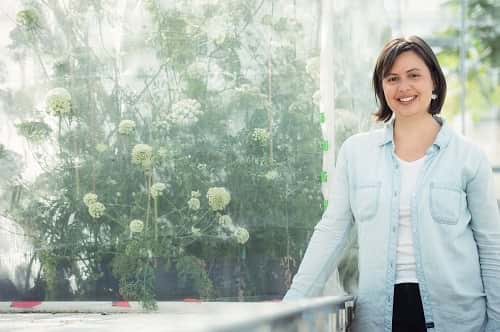Saturday Farmers’ Market Vendor Feature: Haltwhistle Cheese Company
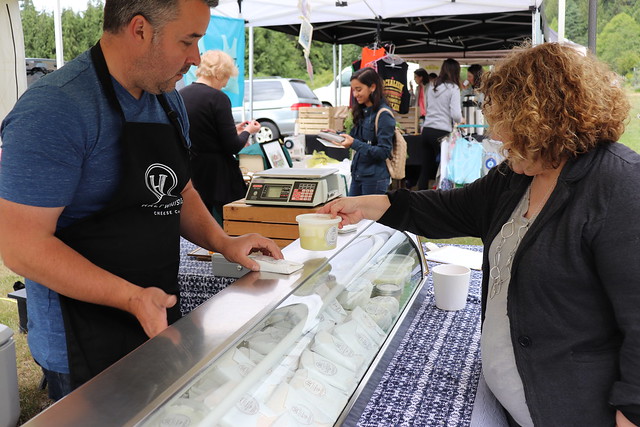
Cory at the market, talking to a customer
This week, we are featuring a new vendor to our market, the Haltwhistle Cheese Company, who make fine cheeses crafted in the Cowichan Valley! We were able to chat with Cory a bit about their origins, and about their delicious goats’ and cows’ milk cheeses. They will be at the market every week, so make sure to stop by and try their cheese!
How did you start making cheese?
I took a cheese course in 2005 and began making cheese at home, then for a summer a couple years after that, I made cheese at Moonstruck Cheese in Salt Spring Island. Two years later, we decided to start pursuing it as a long term plan so we went to the UK and southern France to really begin learning about cheese-making because we were interested in the old-world dairy culture there. The names of our business and some of our cheeses is actually selected from the villages around the area in northern England where I started making cheese!
What’s your signature cheese?
One of our main cheeses is a French-style cheese called Tomme. We have a goat’s milk version called Tomme de Vallée and a cow’s milk version called Thombury. It’s actually the first cheese we started making in Canada and the cheese we’ve been making the longest! We brought the recipe back from our cheese-making time in France and adapted it from sheep’s milk to what we have today. It’s one of our bestsellers and we feel like this cheese really represents everything we like about being here.
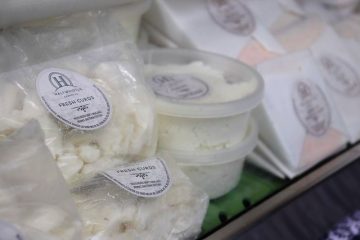
What’s the difference between goats’ milk and cows’ milk cheese?
The difference between our goats’ milk and cows’ milk cheeses is mostly the flavour. Goats’ milk cheese adds a bit of goaty flavour to it that the cows’ milk cheese lacks. Most of our goats’ milk cheeses like our aged goats’ milk are quite mild and do not have a strong goaty flavour to it, although in some cheeses we try to bring it out and you can taste the goaty flavour more in our Feta and our fresh goats’ milk cheese and curds.
What else would you like your customers to know about Haltwhistle Cheese Company?
One of our defining things is that most of our cheeses are made from raw milk, so it brings a lot of flavour that’s not there in a lot of industrially-produced, pasteurized cheeses! We love introducing our cheeses to people and surprising them with the different flavour profiles that are present that they might not be used to.
Where can customers find you other than the UBC Farmers’ Market?
We can be found at the Mount Pleasant Farmers’ Market on Sundays, Benton Brothers, Les amis du fromage, and by the end of summer, in Whole Foods across the province. Check their website here for more locations and details!
Haltwhistle Cheese Company can be found every week at the UBC Farm Saturday Farmers’ Market on the following dates: Jun 15, Jun 22, Jun 29, Jul 06, Jul 13, Jul 20, Jul 27, Aug 03, Aug 10, Aug 17, Aug 24, Aug 31, Sep 07, Sep 14, Sep 21, Sep 28, Oct 05, Oct 12, Oct 19, Oct 26, Nov 02, Nov 09, Nov 16, Nov 23, and Nov 30. For more information on Haltwhistle Cheese, and photos of their delicious food see the following links: Website | Facebook | Instagram.
